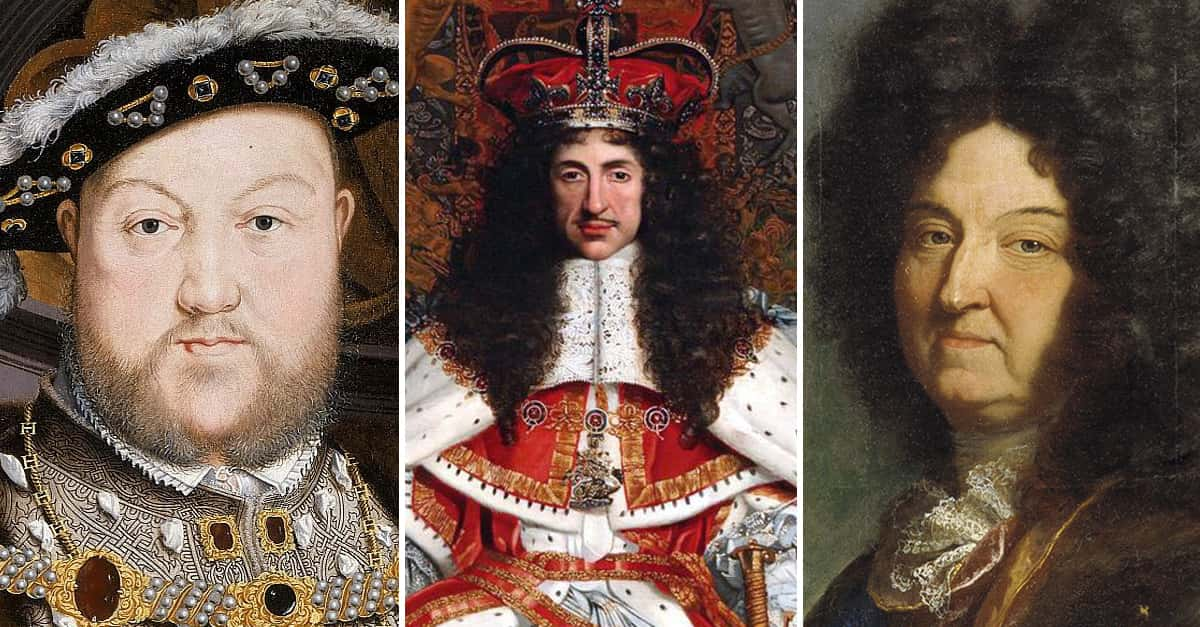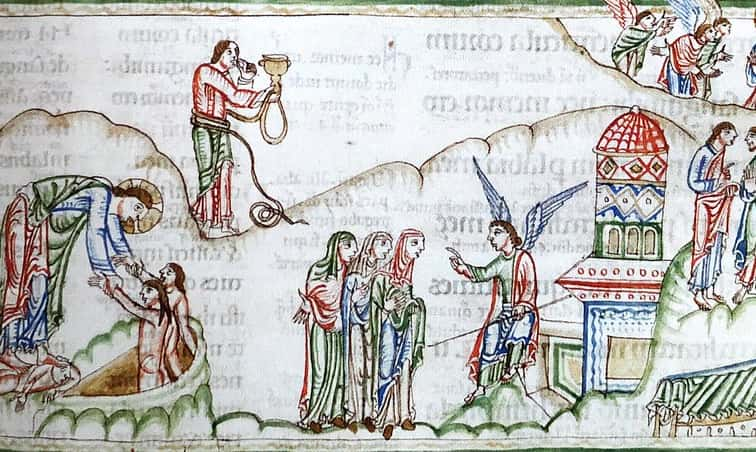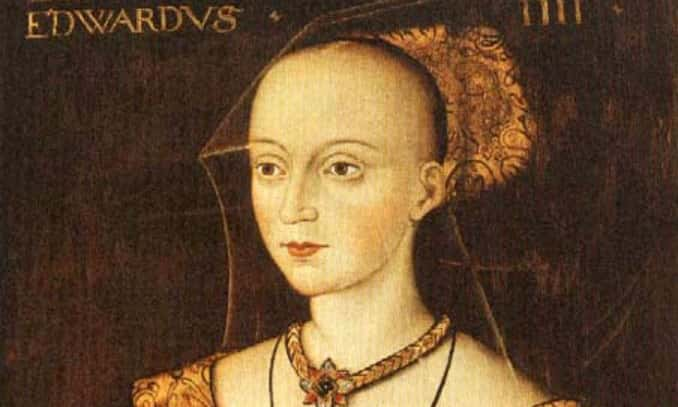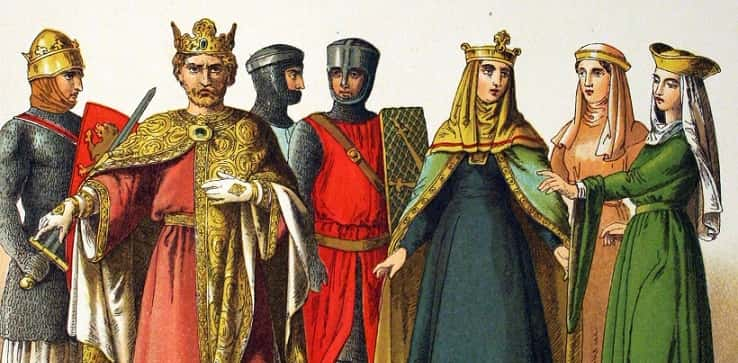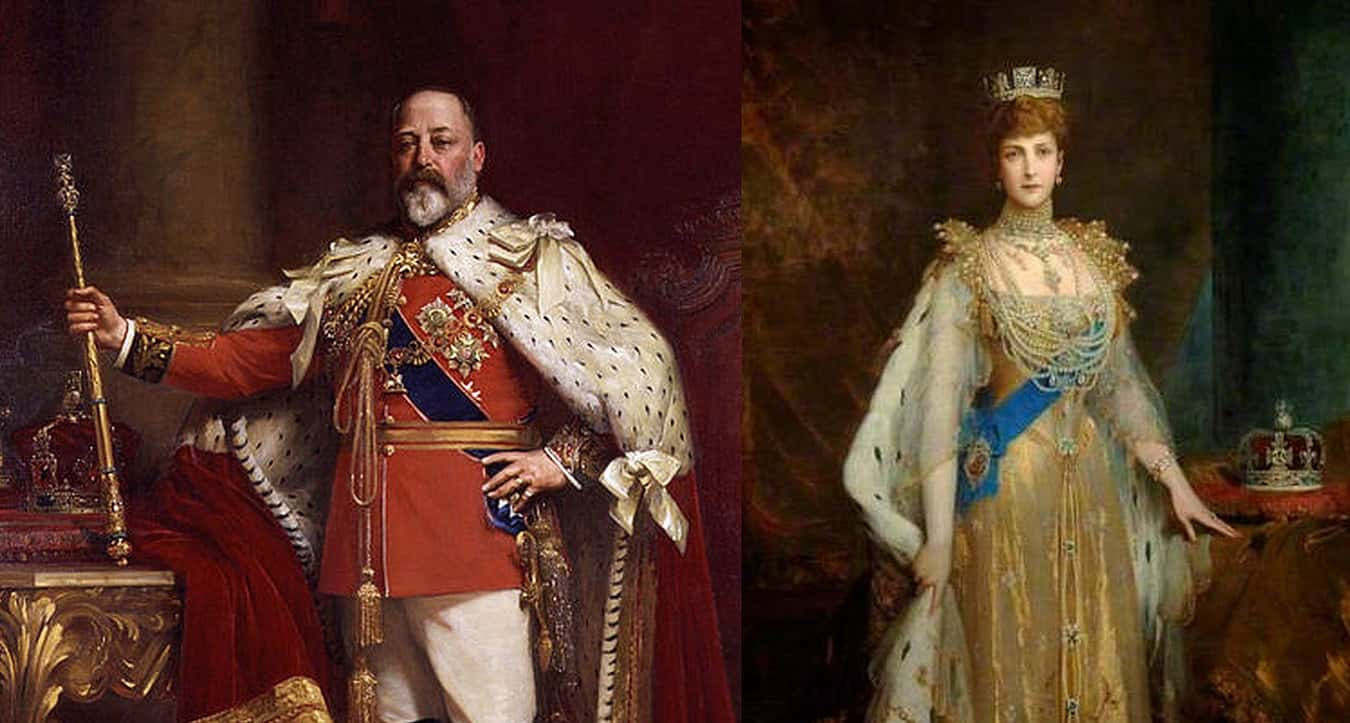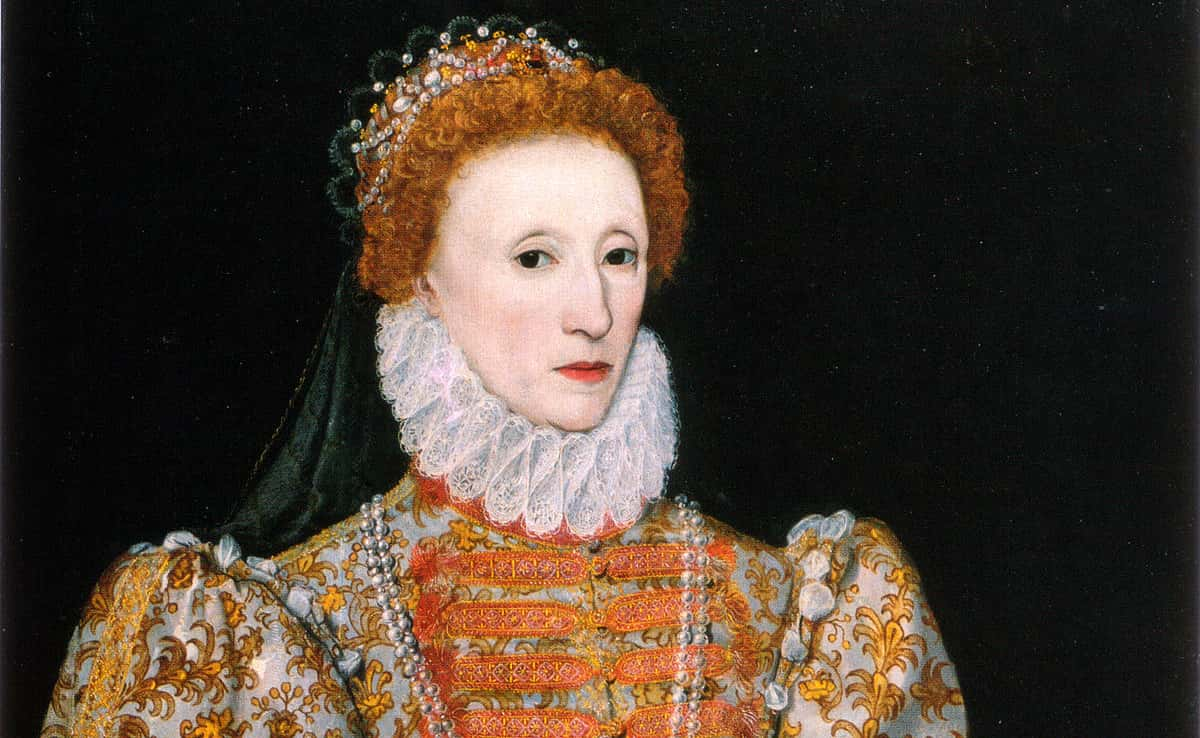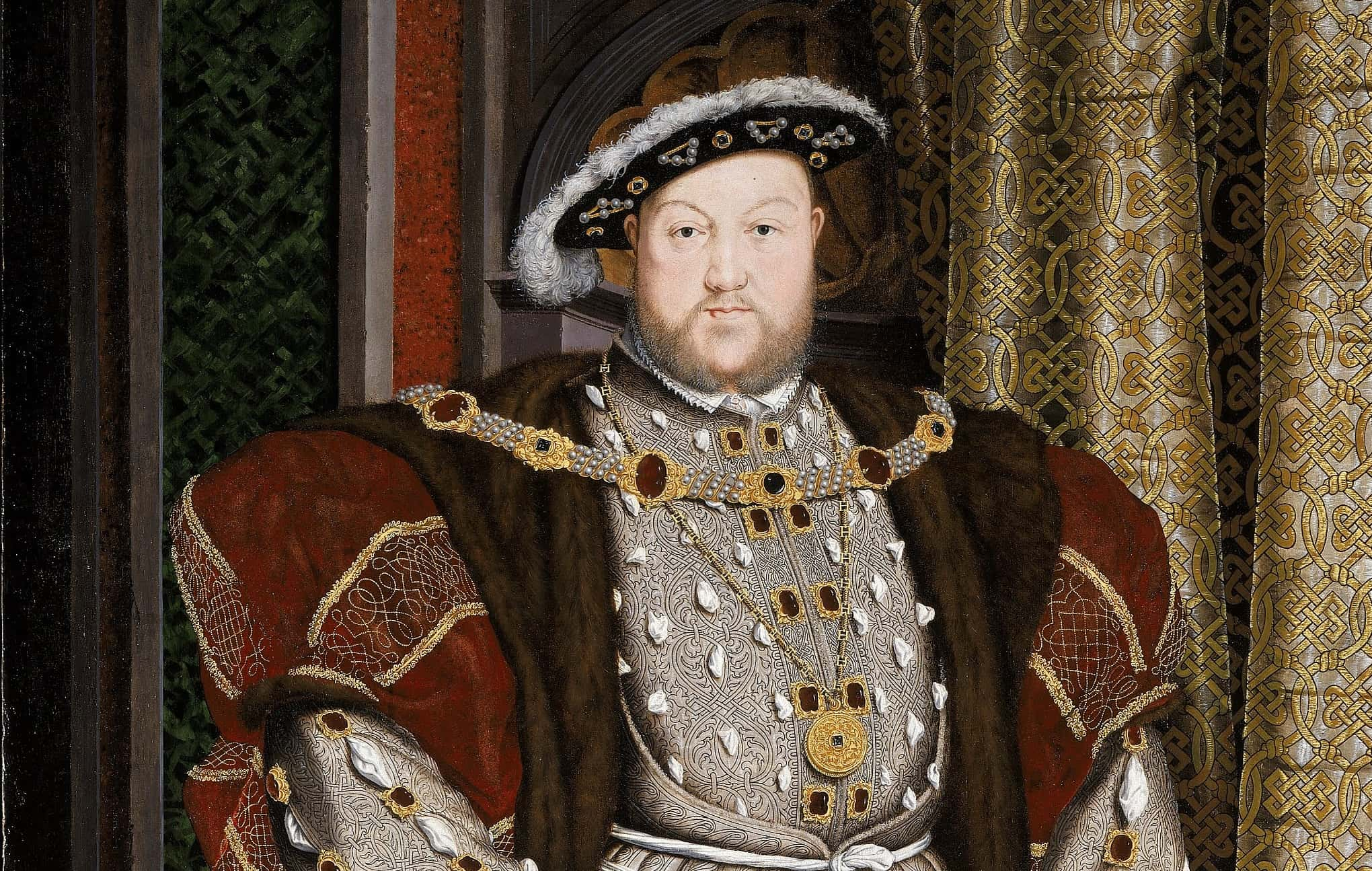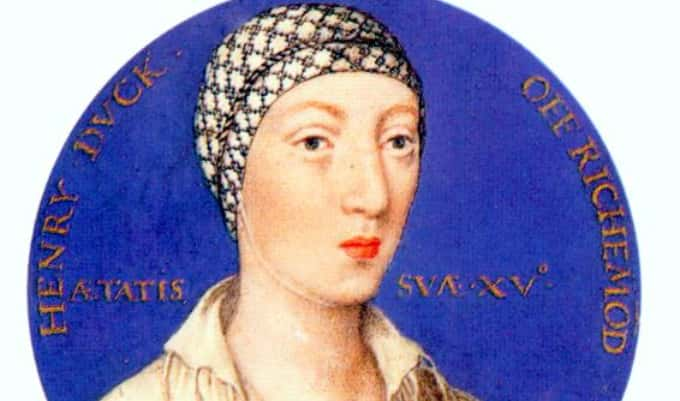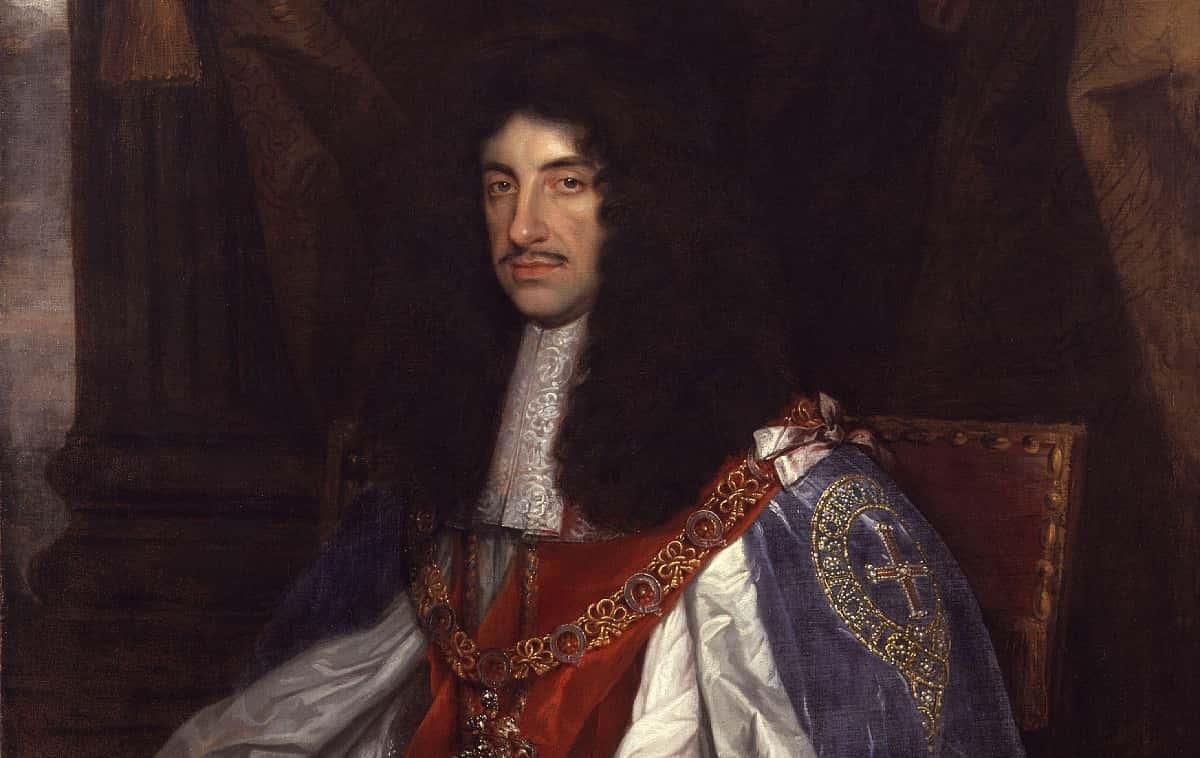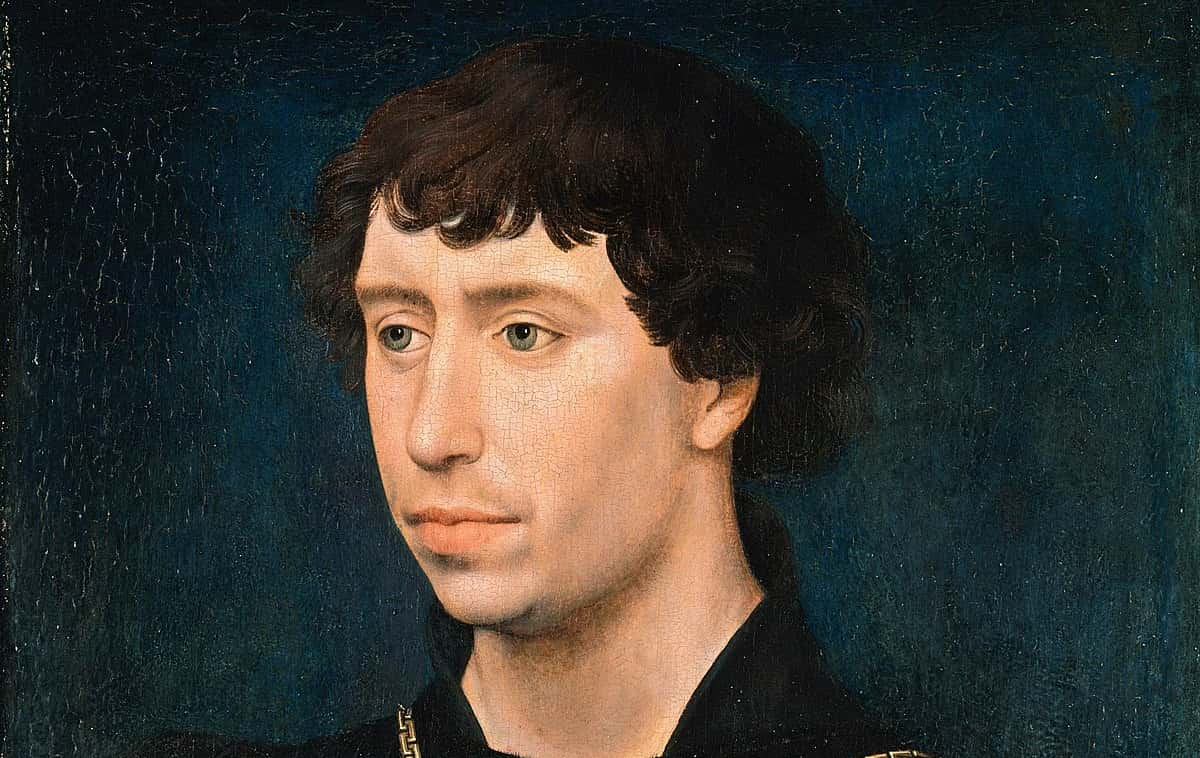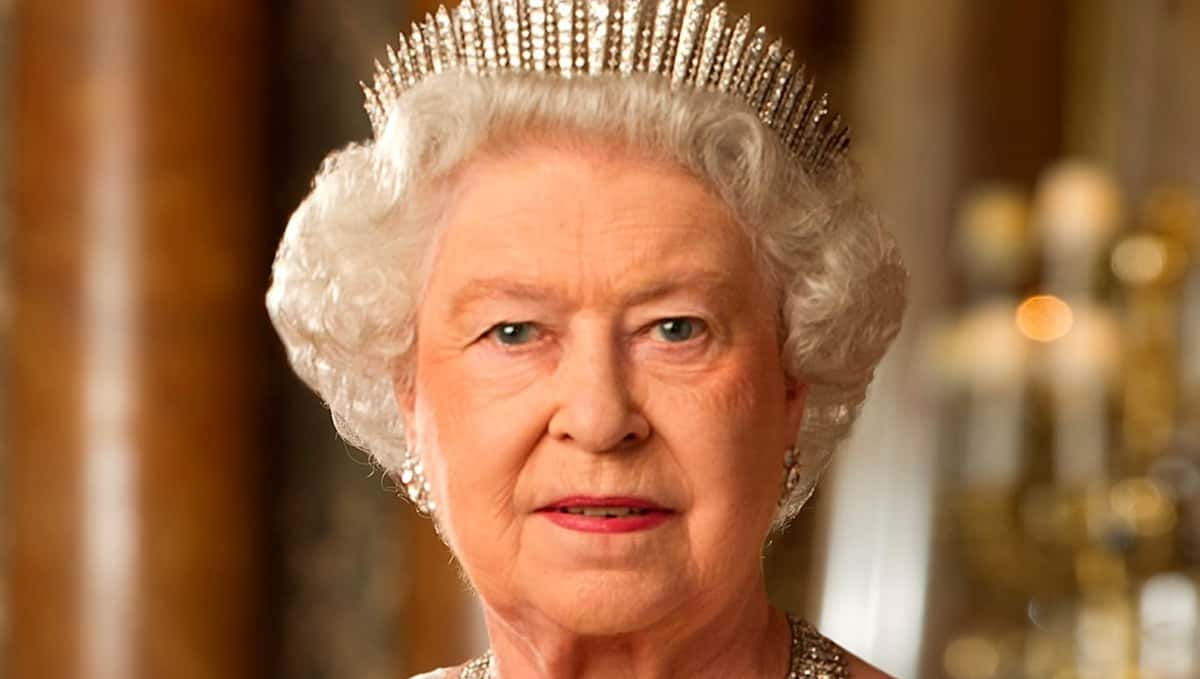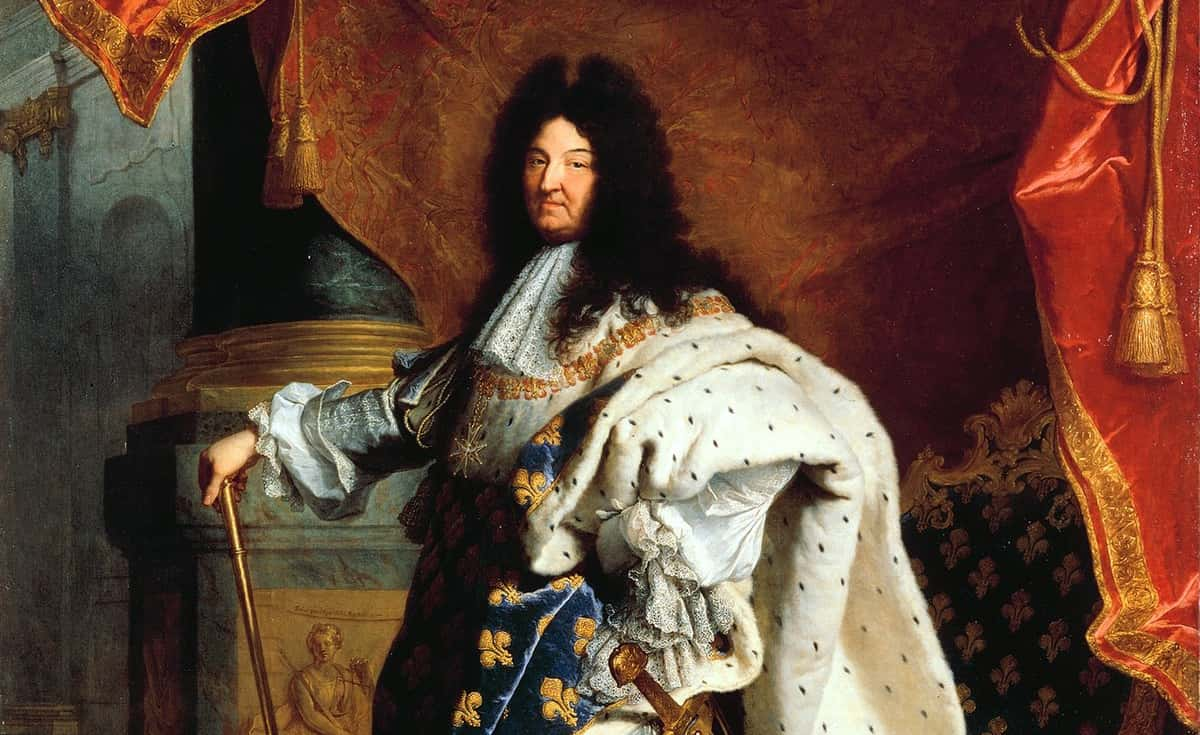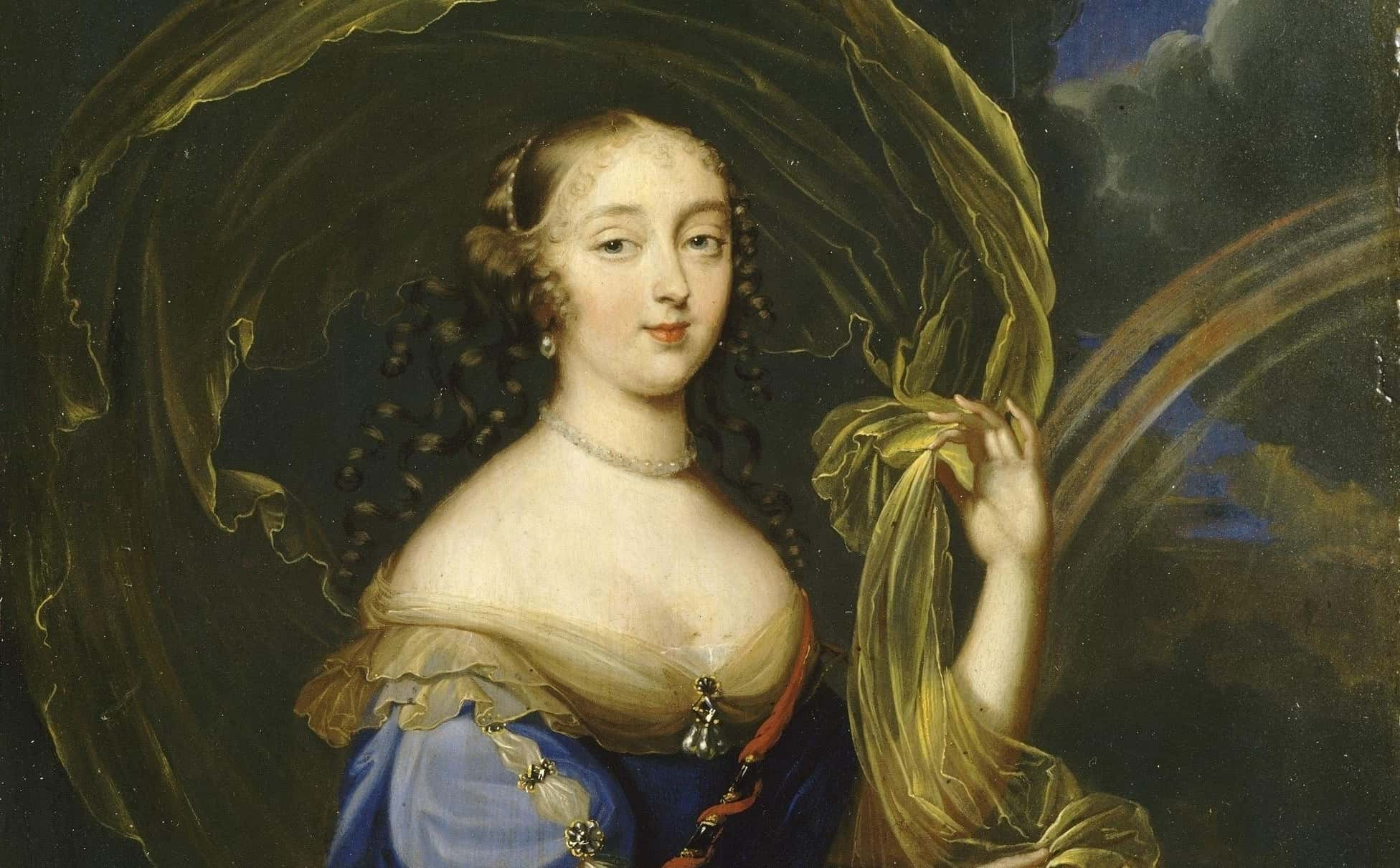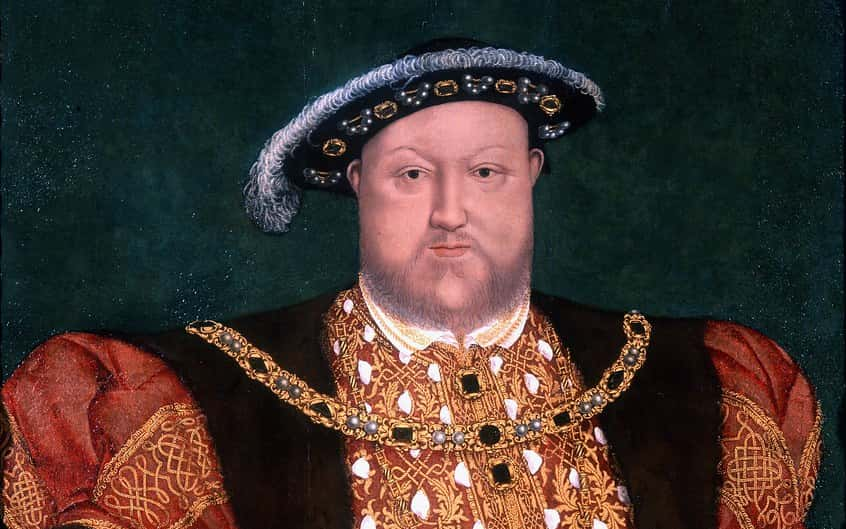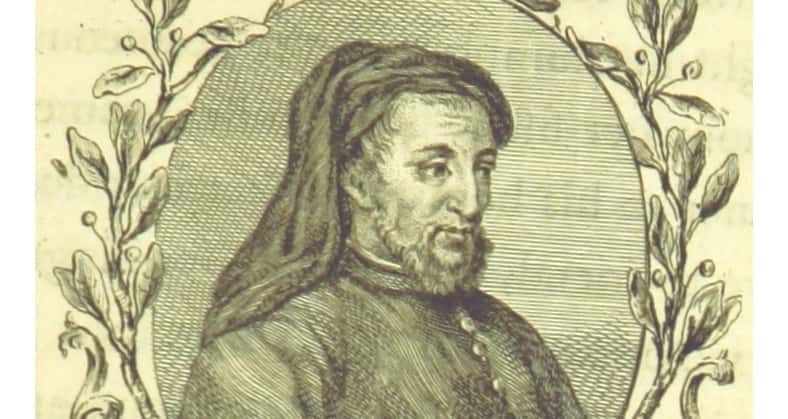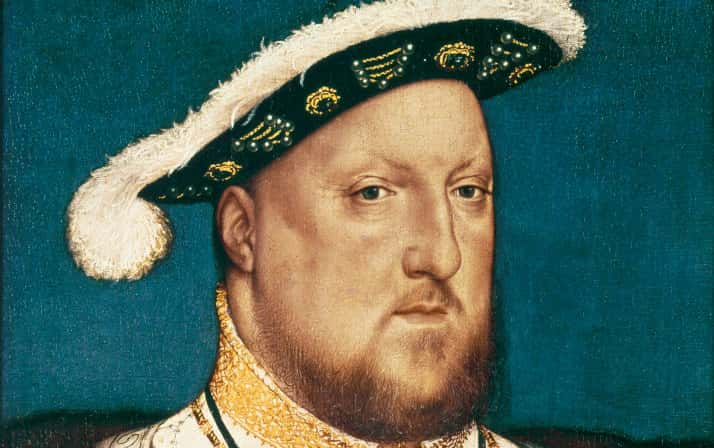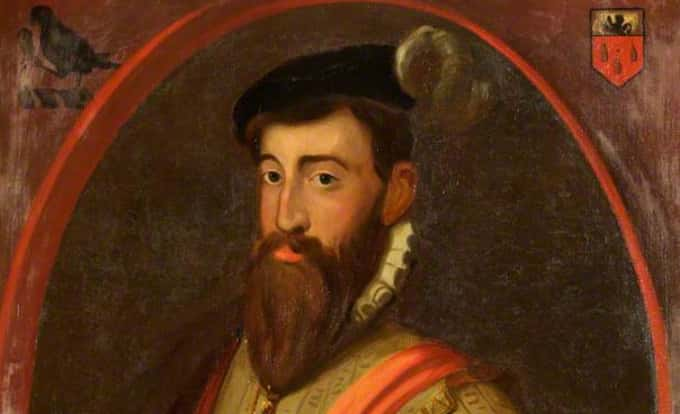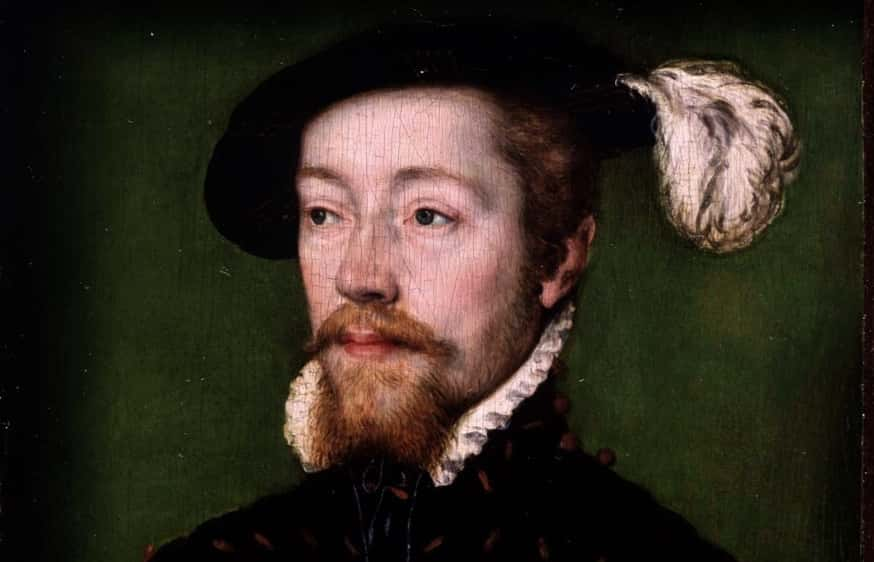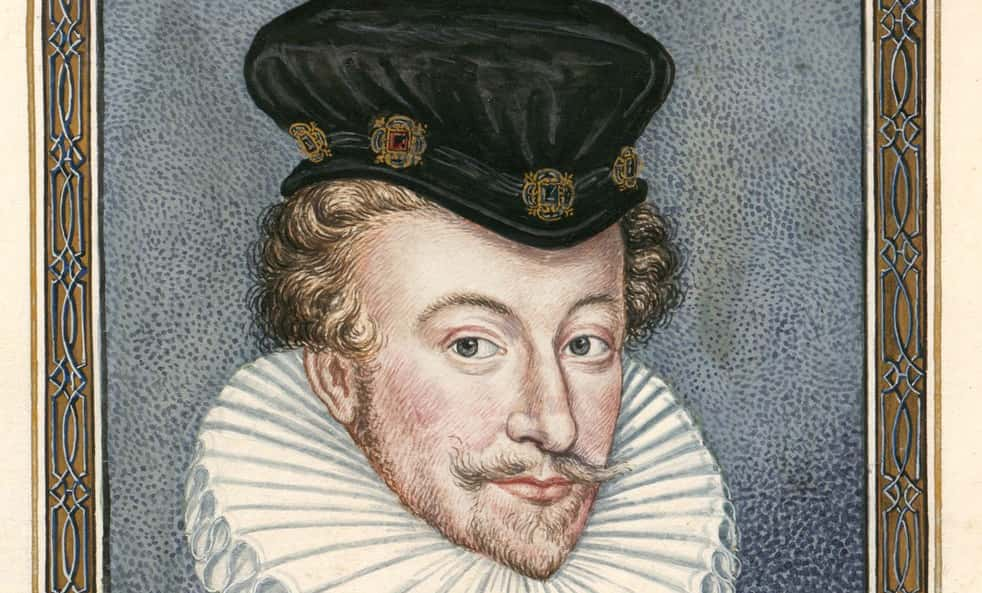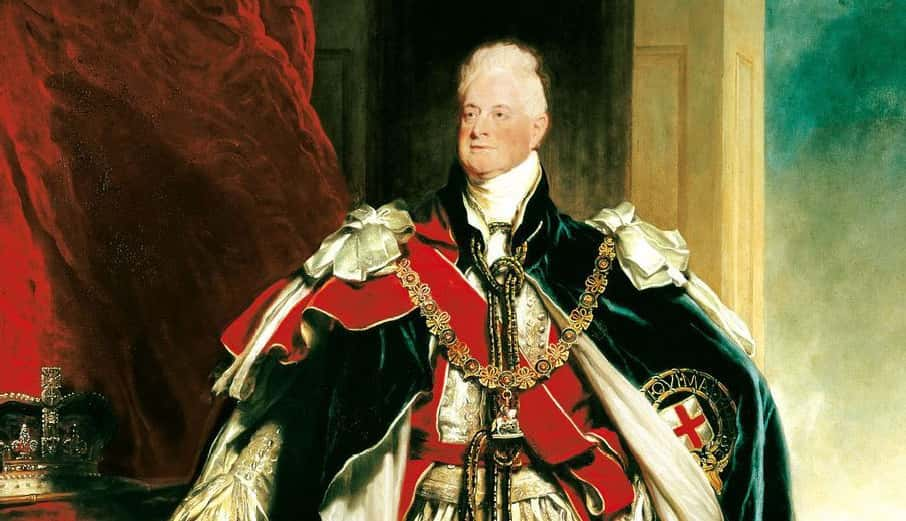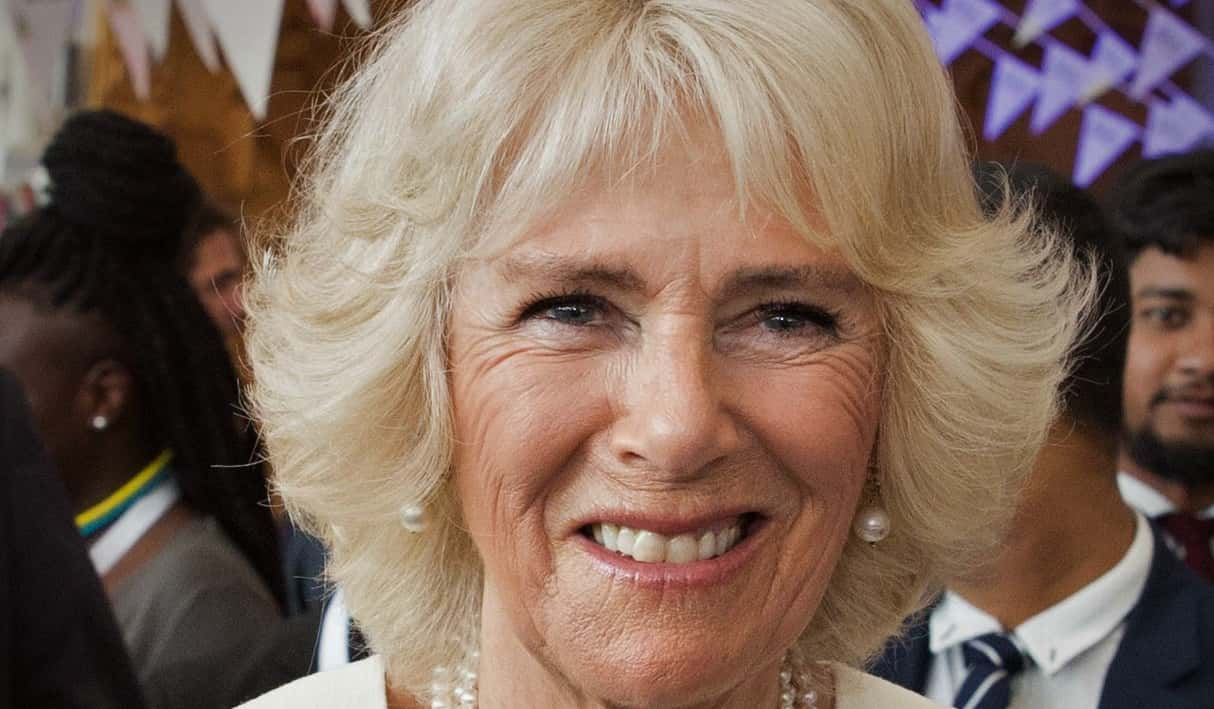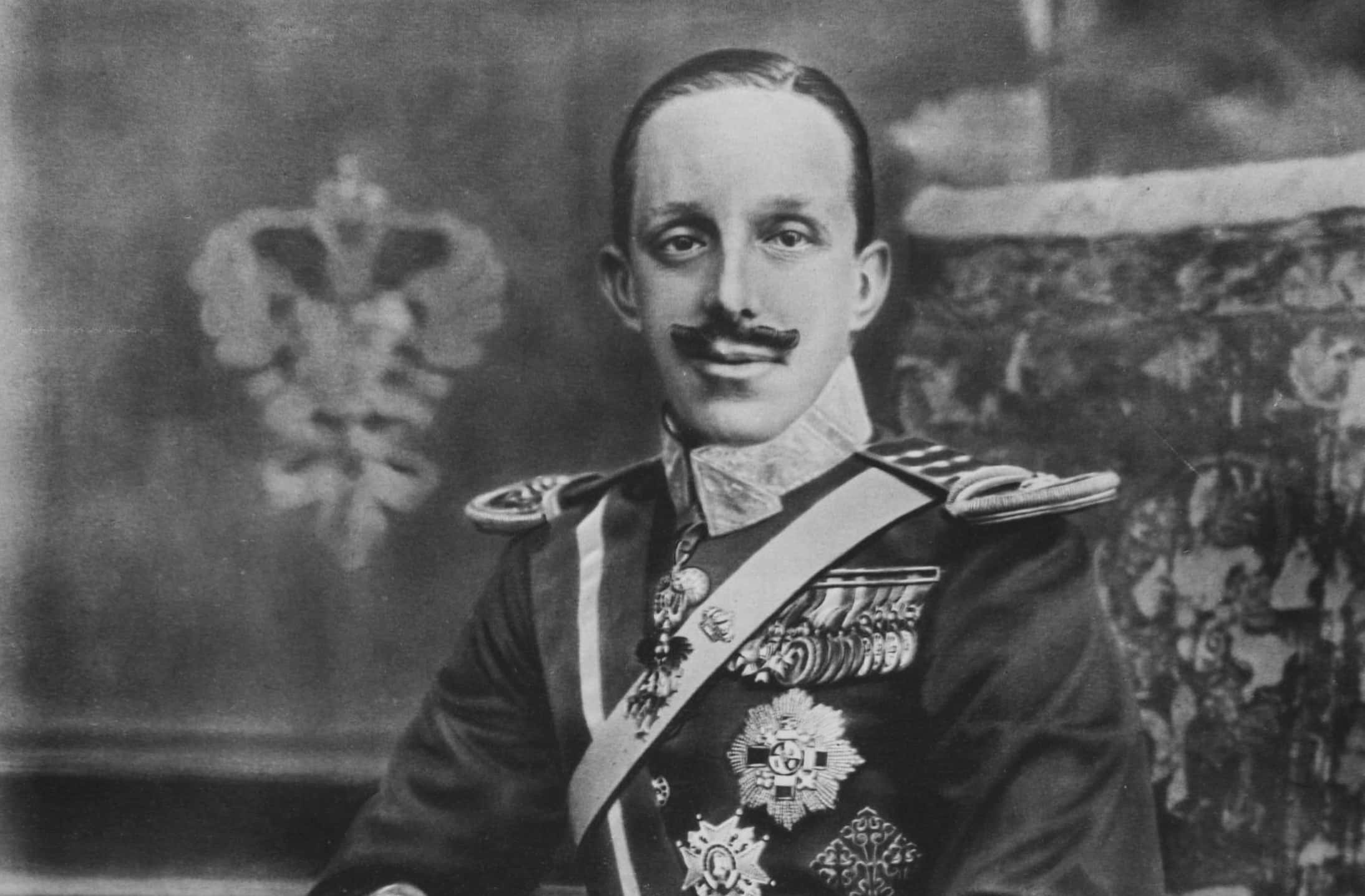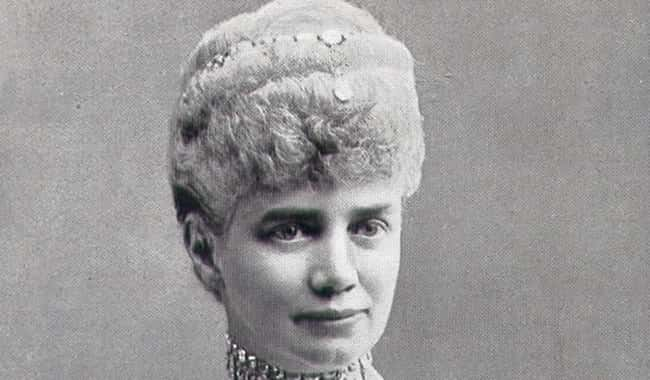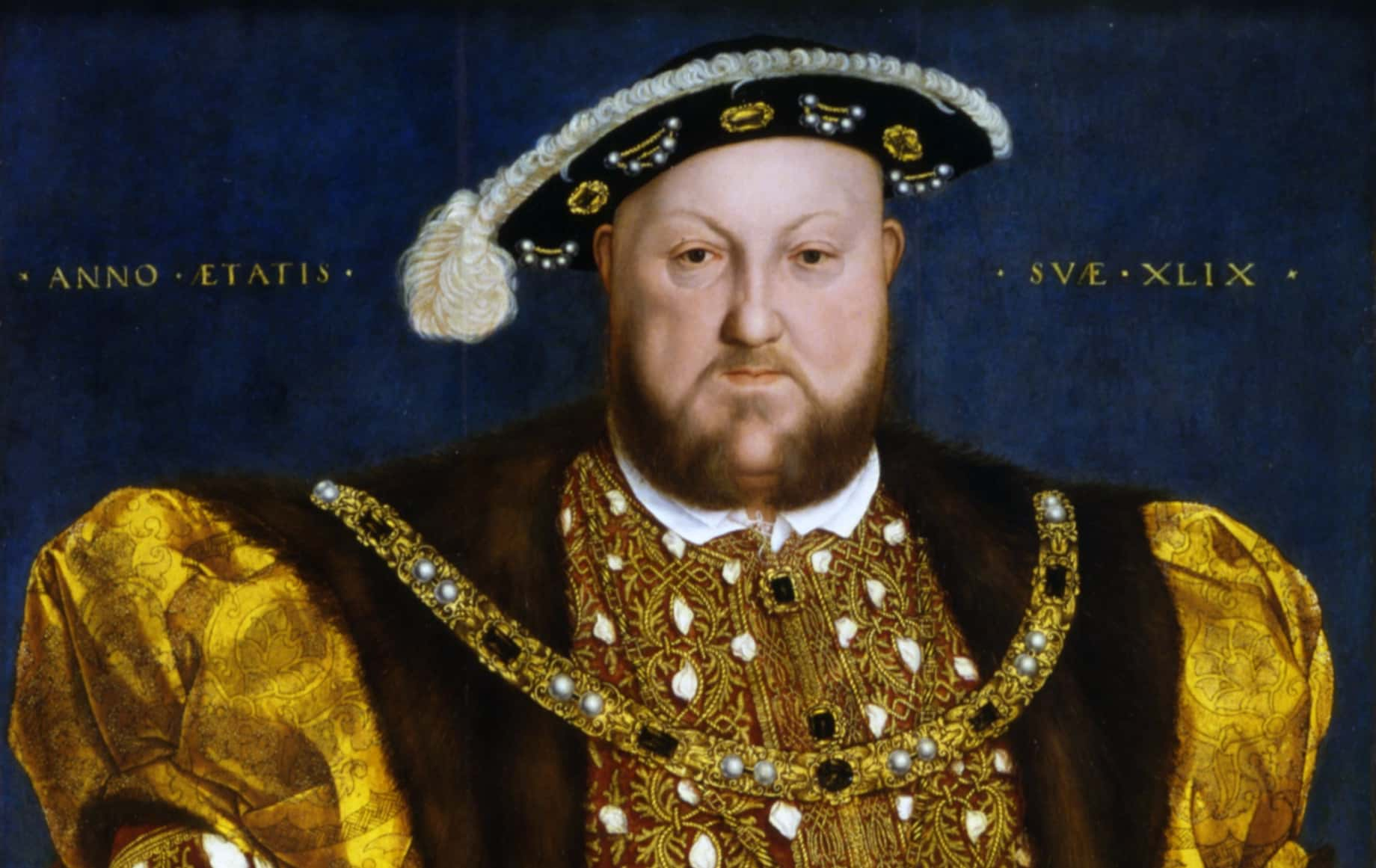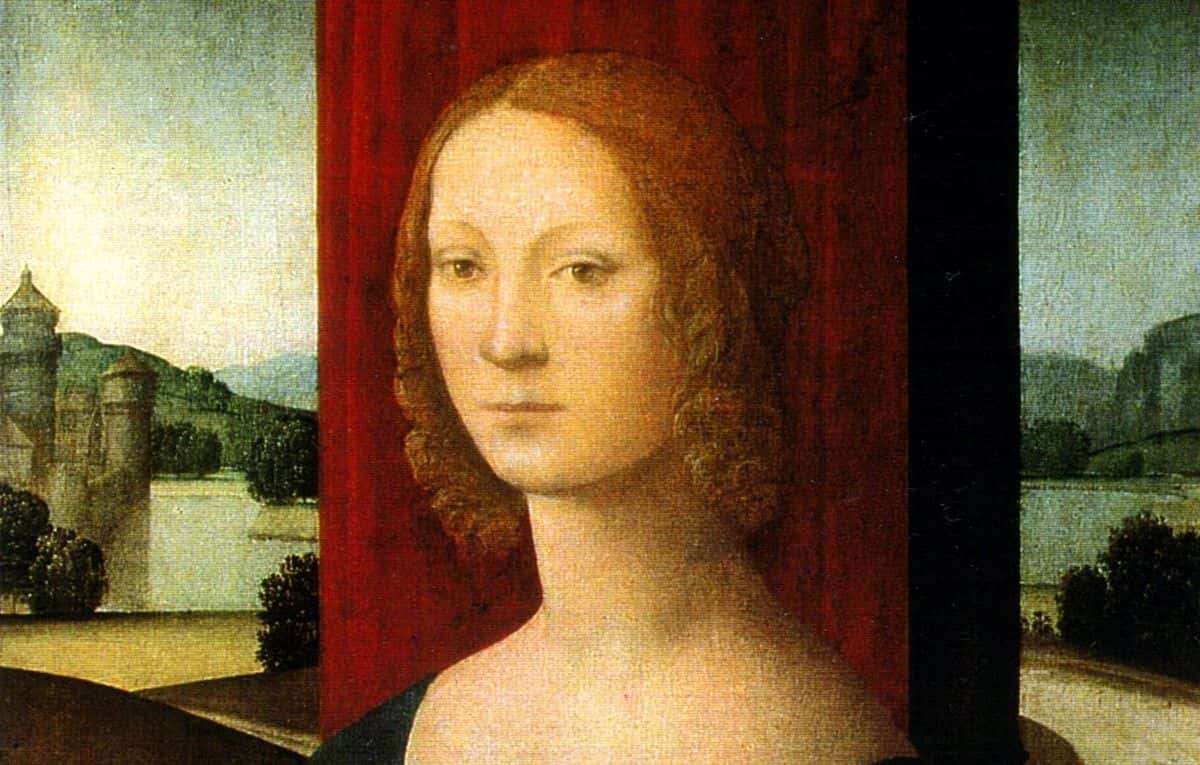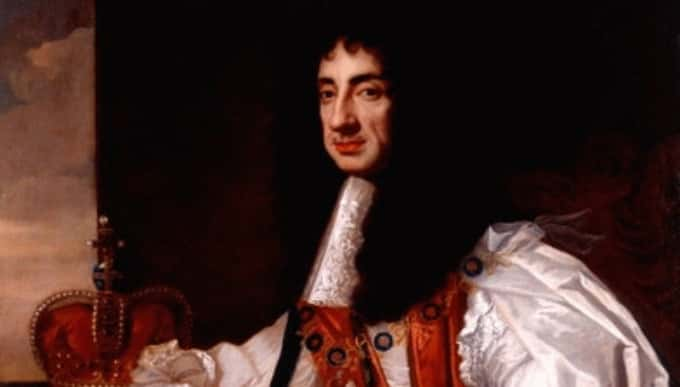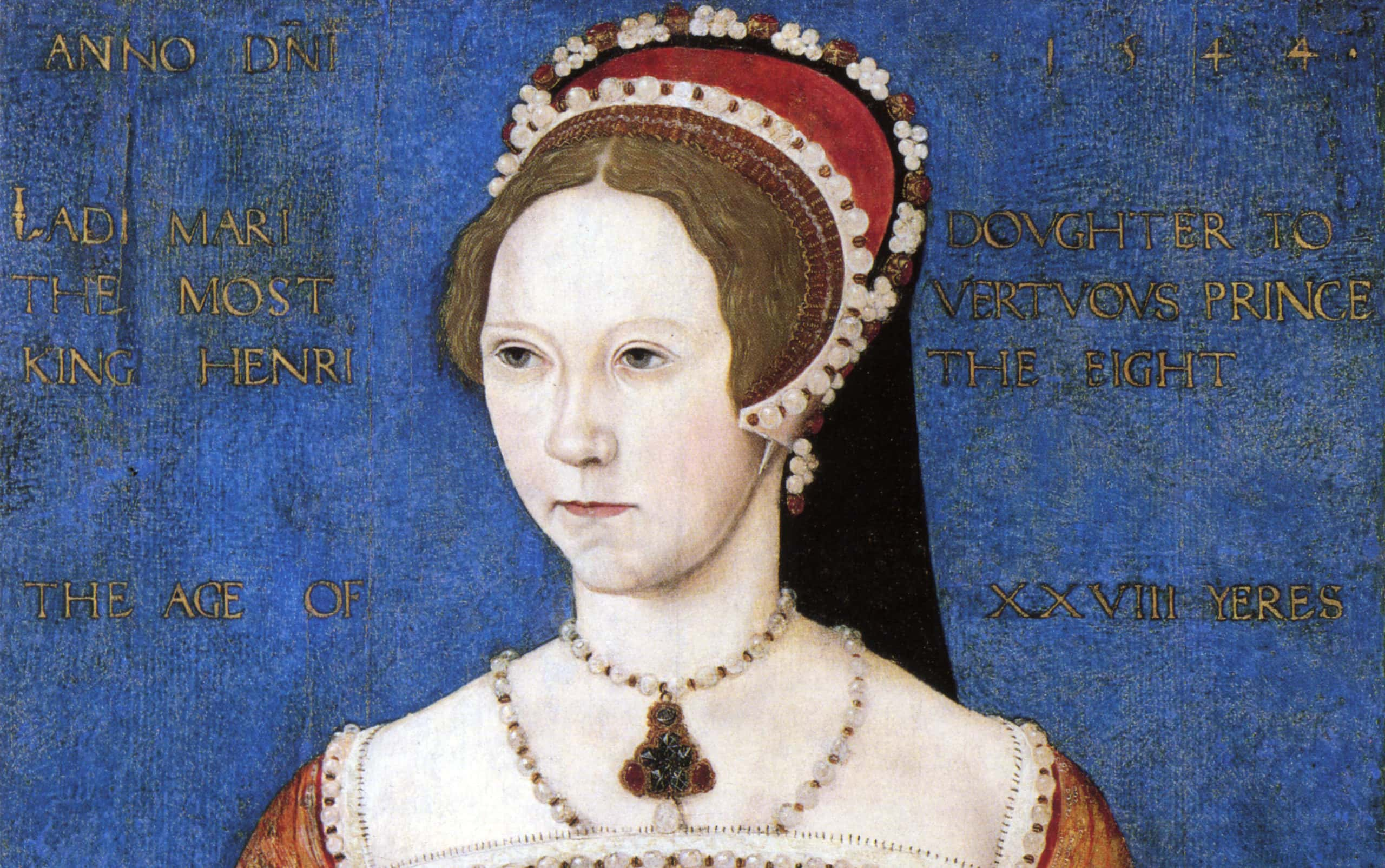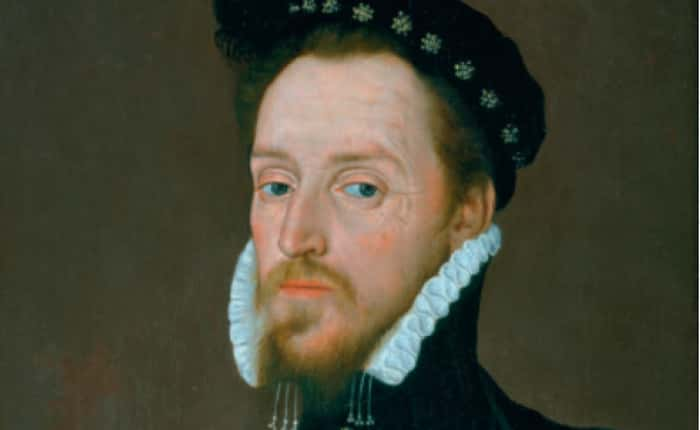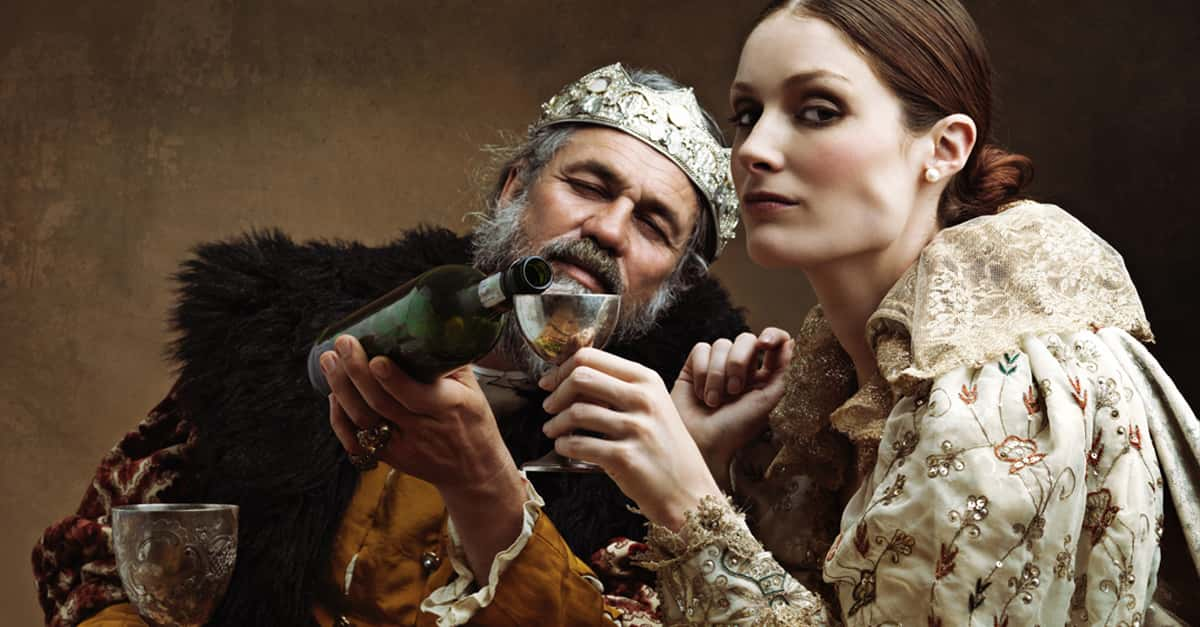Back when birth out of wedlock could legitimately (pun intended) assassinate one’s prospects, the old B-word (not the one that rhymes with "witch") was a powerful slur. But it wasn’t the end of a career, especially if said lovechild’s parents were rich and powerful. Sometimes, the “spare” kids of rulers rose to be great generals and conquerors in their own right. After all, when people think of “William the Conqueror,” think of the might English dynasty that he started—not about how his parents weren’t married.
Maybe Edmund from King Lear had a point: why do we label those born outside of holy wedlock as “illegitimate" when those babies, in theory, are born from passion and not duty? The big bad appeal of the secret lovechild remains so alluring. No wonder some will still jump to claim themselves or others as secret kin of the king. Don’t tell our wives: get a gander at these 42 outrageous facts about the illegitimate children of kings and rulers.
1. Code of Dishonor
In medieval England, a coat of arms could help you know right away if someone was born out of wedlock, or descended from someone who was. Illegitimate offspring sported a diagonal slash on their sigil. This mark was called a “bend” or, fittingly, a “baton sinister".
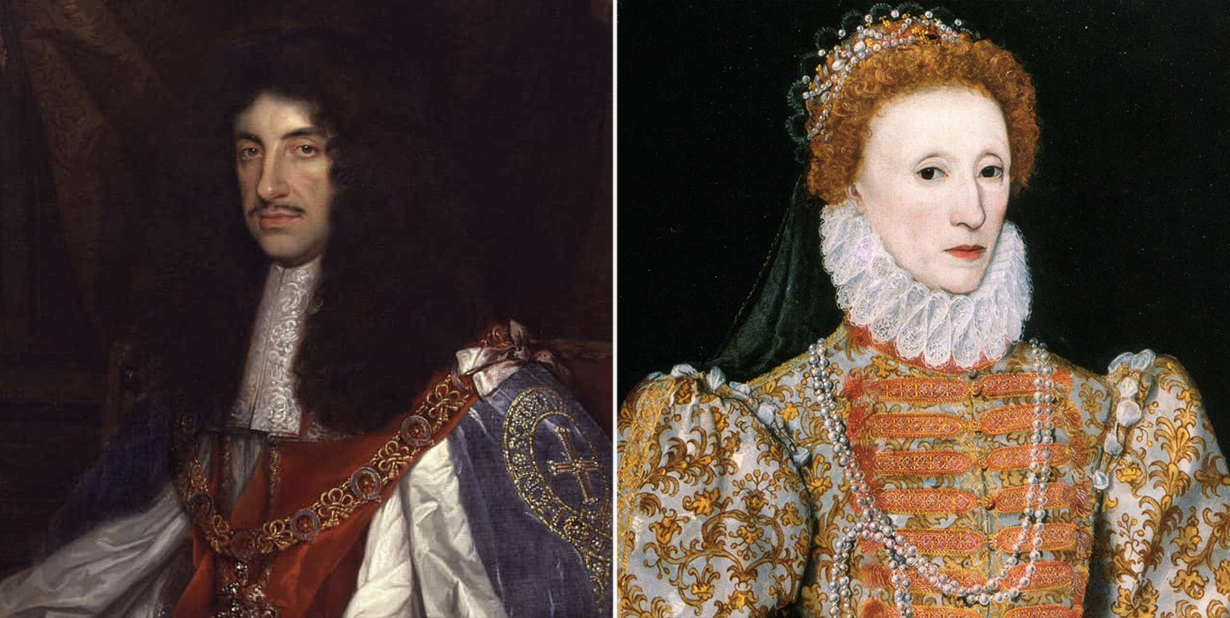
2. Not As Old As Time
The social construct of an "illegitimate" child is relatively new. In Ancient Rome, for example, there are no records of aristocrats attempting to undermine each other by claims of illegitimacy. These rulers were more concerned that the family name continued. Likewise, the early Anglo-Saxons referred to all kings’ descendants as “aethelings” no matter who their mothers were.
3. One Lovechild to Rule Them All
Without illegitimate royalty, there might have been no “England” as we know it. The first Norman King of England was William the Conqueror, but he sometimes went by “William the [B-word]". Though his father was Robert I, the Duke of Normandy, his mother was the duke’s mistress, Herleva, the daughter of either a tanner or embalmer. His grandfather’s trade sometimes made him “William the Subject of Fur and Pelt-Related Taunts” to his enemies. But he had the last laugh; Robert went to the grave with no other sons, so William landed on top to rule Normandy and conquer England.
4. What’s Yours Is Mine Too, I Guess
What did queens think of their husbands’ illegitimate kids? You’d have to ask them, but Queen Elizabeth Woodville of England might have been fond of at least one of her husband’s love children, Grace Plantagenet. Edward had many side-offspring and not much is known about them beyond their names. In some cases, even their mothers remain a mystery. What we do know about Grace? She was the only woman of high birth to accompany the Queen’s body on her funeral barge to rest. In the words of one historian, Grace’s attendance “might seem to show Elizabeth Woodville had enough generosity of spirit to make a friend of a girl she might well have resented".
5. Only Open In Emergencies
The Anglo-Normal surname “Fitzroy” sits in the royal family’s pocket to (sometimes) be used for illegitimate children.
6. Deadbeat King
Edward VII wasn’t doing anything new by having a lot of mistresses and illegitimate kids. With more than 50 affairs under his well-worn belt, he acknowledged exactly zero of his attributed lovechildren during his lifetime.
7. Let Me Get Back to You On That…
Since 786, it’s technically been against the law for any illegitimate children to hold the English throne. The Pope’s legates came into the court of Anglo-Saxon king, Offa of Mercia, in that year to set some ground rules…that were promptly ignored because children like Athelstan, William the Conqueror, and Elizabeth I came to the throne and did well enough.
8. Baseborn, Not Basic
It’s a good thing Augustus of Poland couldn’t keep it in his pants, said the German Imperial Army, probably. Maurice de Saxe was one of many, many, many illegitimate offspring of August II “The Strong". Despite his base conception, Saxe grew up to be a military prodigy. He joined the army at age 12, led his own company at age 17, and his exploits against the Dutch and British forces made him a favorite of Louis XV of France. Everybody wanted a piece of this baseborn baddie.
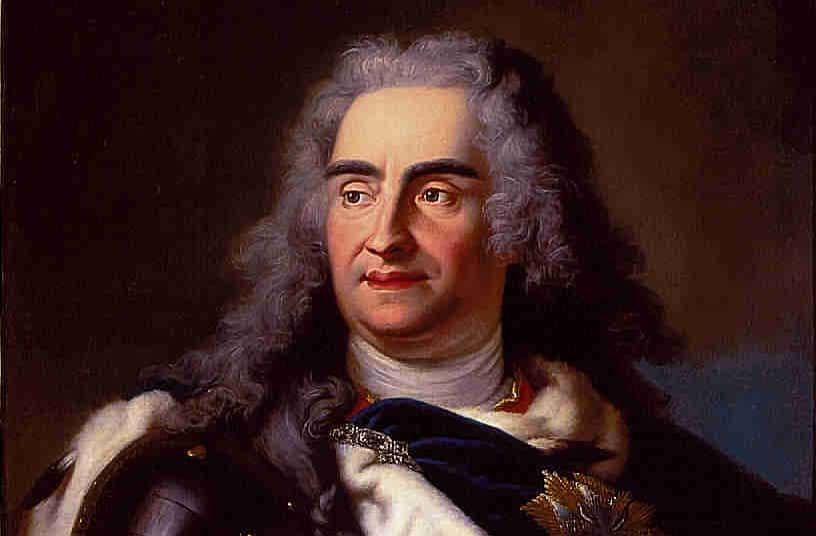 Wikipedia
Wikipedia
9. My Favorite Back-Up
Henry Fitzroy had the honor of being Henry VIII of England’s only acknowledged illegitimate child. During the boy’s 17 short years of life, Henry lavished him with love and titles from Duke of Somerset and Earl of Nottingham, perhaps setting him up as an heir.

History's most fascinating stories and darkest secrets, delivered to your inbox daily.
10. Kind of Hard for Queens to Hide Secret Kids Though?
The Prince Tudor theory is founded on the belief that Queen Elizabeth I had a secret lovechild who was the secret heir to the throne the whole time. This lost prince was, supposedly, Edward de Vere, 17th Earl of Oxford. According to this school of belief, it’s also why he secretly wrote all of Shakespeare’s plays. If that’s not edgy enough for you, look up the spin-off theory, “Prince Tudor II,” where it's claimed that Elizabeth accidentally had another lovechild off her own son and that inbred baby is Oxford.
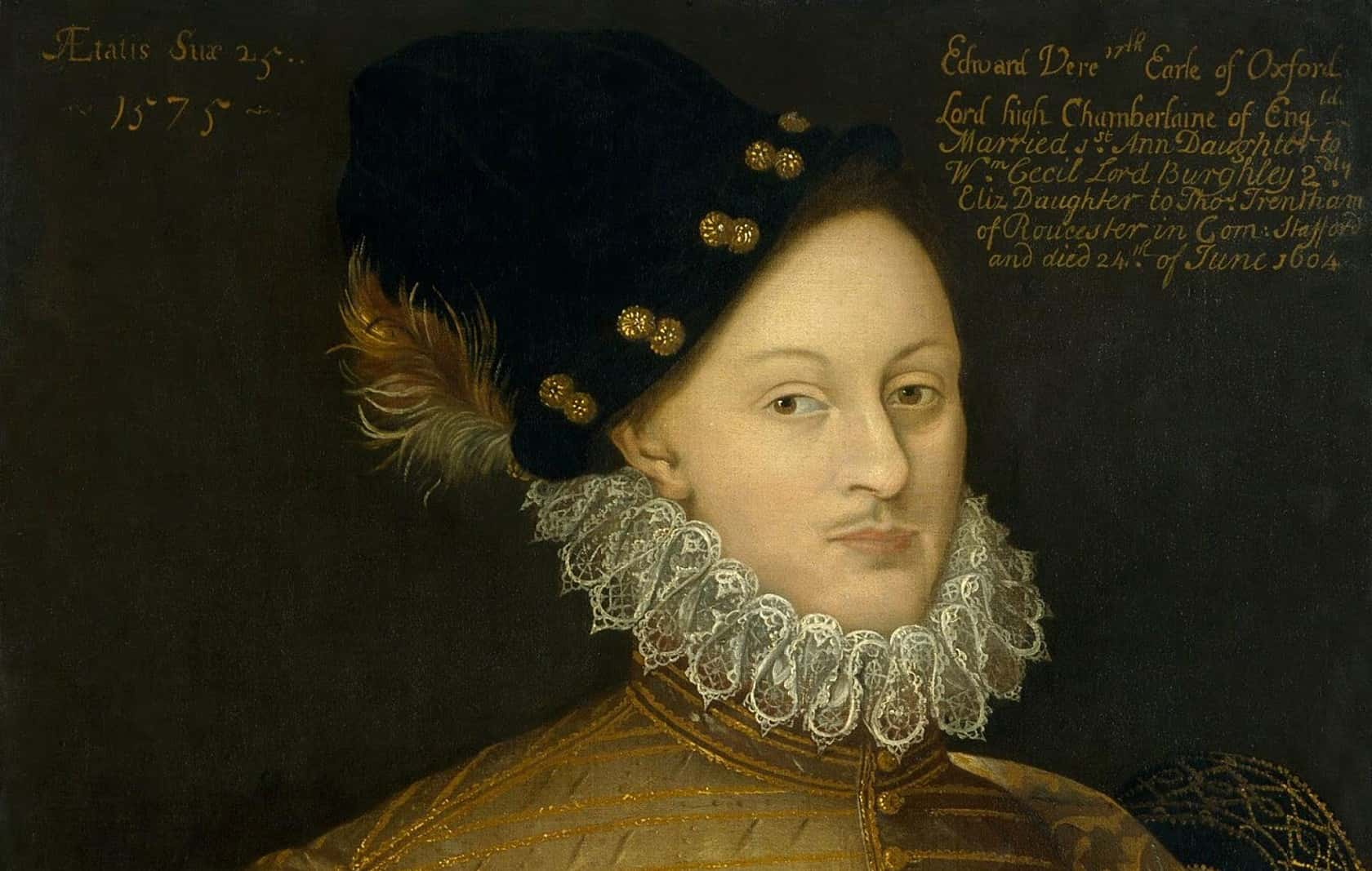 Wikipedia
Wikipedia
11. This Is a Case for the FBI
The suddenness of Henry Fitzroy’s young demise led some people to believe that he was poisoned.
12. Good Enough for Me!
Henry VII—and therefore the whole House of Tudor—draw their claim from an illegitimate line of English royalty. House Beaufort was founded from the affair of John of Gaunt and his mistress, Katherine Swynford. Eventually, the couple married and had their kids legitimized. While Henry IV officially barred the Beauforts from the line of succession, Henry VII pressed their claim anyway. I mean, Henry IV wasn’t exactly alive to enforce it…
13. The More the Merrier (But Not That Much)
Charles II of England is famous for his big hair, big sensual appetite, and big brood of illegitimate kids. While his marriage to Catherine of Braganza produced no issue, Charles fathered at least 20 illegitimate children with his mistresses. However, he formally acknowledged “just” 14 of them.
14. Invalid After All
Some illegitimate children are born to the position—others are forced into it. Case in point: the children of Edward IV of England—including the mother of Henry VIII, Elizabeth of York—were born to a married King and Queen like good princes and princesses should be. However, when Edward suddenly passed on, their uncle Richard swooped into to argue that their parents weren’t legitimately married. This argument was based on an alleged marriage precontract between their dad and another woman. Ergo, the kids were declared illegitimate and no longer eligible for the throne.
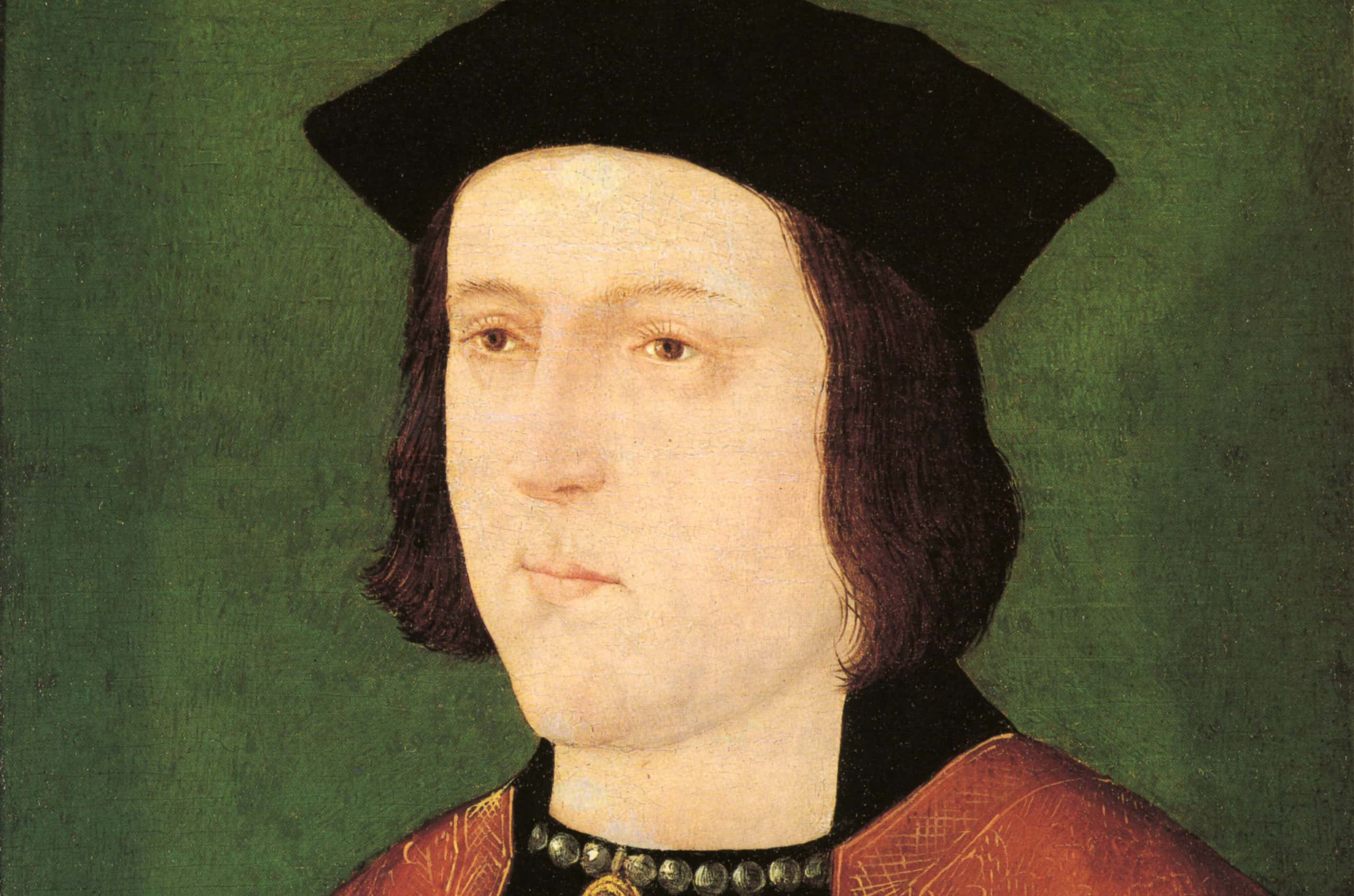 Wikipedia
Wikipedia
15. I’ve Got Your Back, Bro
Antoine de Bourgnone was an accomplished sportsman and soldier. As the natural son of Duke Phillip III of Burgundy, he found countless wars for his half-brother Charles the Bold. In return for his loyalty, Charles legitimized his half-brother… kind of undoing his brand as a cool lovechild, but it was a nice gesture nonetheless.
16. If Your Parents Don’t Have a Ring, You Can’t Come In
Ever notice why royals don’t really acknowledge their lovechildren anymore? Don’t just blame birth control; upon her ascension, Queen Victoria of Great Britain banned all royally illegitimate kids from her court as “ghosts best forgotten". This stigma seems to have stuck.
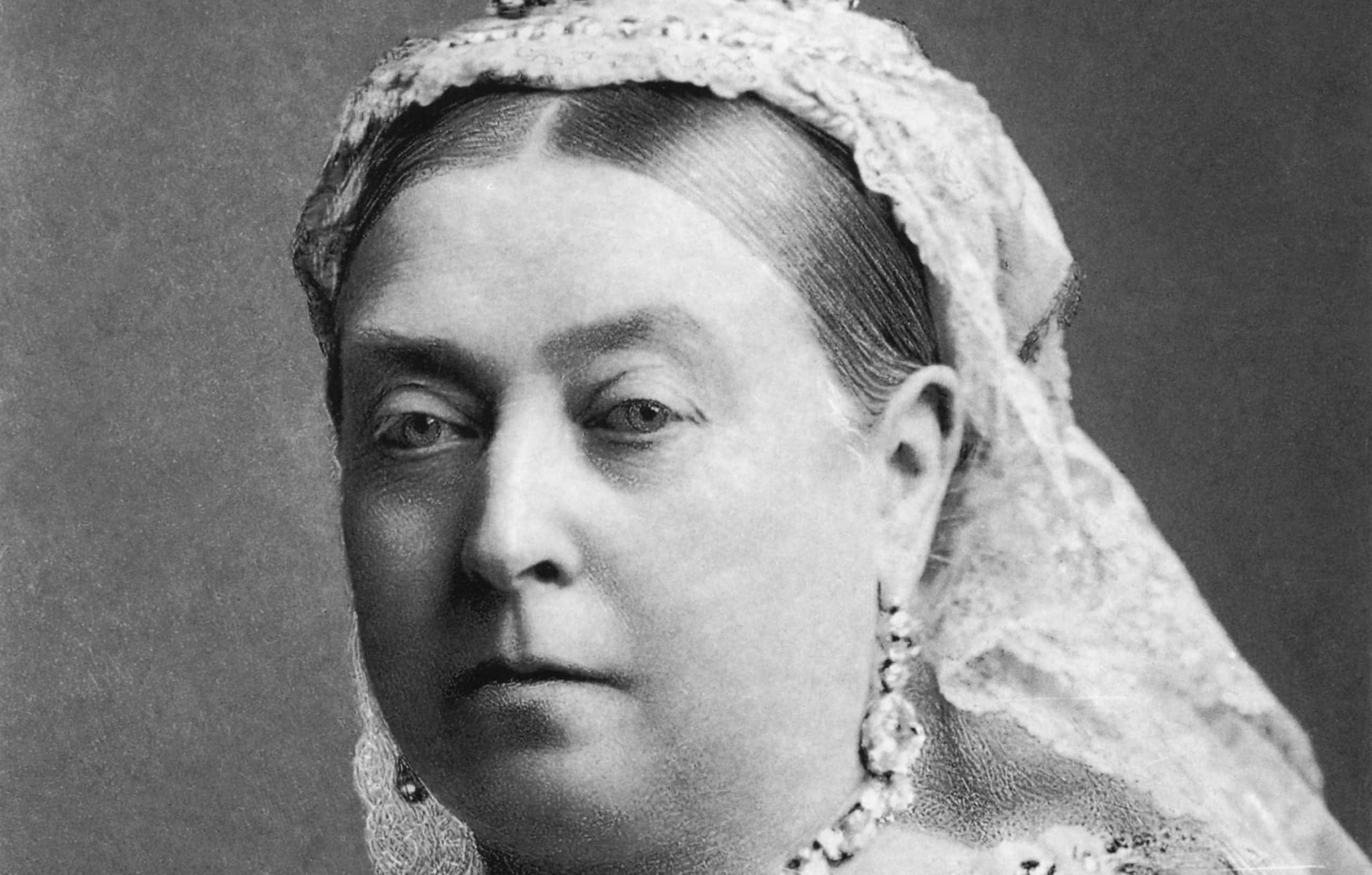 Wikipedia
Wikipedia
17. One of Us
Do descendants of British royal illegitimate kids deserve titles? Somehow, that debate still rages today. The hereditary society refers to such scions as “Descendants of the Illegitimate Sons and Daughters of the Kings of Britain". In fact, they asked the Queen herself to be one of them: Elizabeth II descended from a natural daughter of Henry II, as well two other noble side-offspring.
18. I Hate You Less
Louis XIV of France referred his own illegitimate kids as “mules” because they were “unnatural” and weren’t allowed to reproduce. However, Louis also had an “Olympian disdain for public opinion,” which might be why he nonetheless made good marriages for his brood and even legitimized them against the people’s wishes. Spite is a wonderful thing.
19. Alright, You Can Come In
Not unlike his English counterpart Charles II, Louis XIV of France struggled with fertility within his own marriage, but he had no problem siring children outside of wedlock. He had only one surviving son by his wife, but he and his own son perished. This left only a young great-grandson as his heir. Such scarcity in “true princes” might be why he legitimized two sons by his chief mistress, Madame de Montespan, much to the scandal of everyone.
20. The Secret Tudor?
Some historians posit that Henry VII of England fathered a natural son during his pre-king days in Breton exile. As a child, Ronald de Velville came over with the 28-year-old Tudor king from Brittany and was a lifelong favorite at his court. Because the boy’s parentage is unknown, this led some people to fill in the gaps with a crown. But nothing is certain.
21. My Brother the Pirate
Thomas Stukley was a pirate, Catholic recusant, and rebel against Elizabeth I of England—but he is also sometimes cited as a secret illegitimate son of her own father, Henry VIII. On paper, Stukley’s father was a Knight of the Body to Henry VIII. Ergo, his mother, Jane Pollard, might have known proximity to the king. But like most stories about Henry’s “lovechildren,” there’s not much to substantiate the blood claim beyond speculation.
22. Sugar Daddy
Descendants of the 16th-century poet Richard Edwardes have tried to claim he was a secret lovechild of Henry VIII. After all, they argue, how could a poet from a poor family afford an Oxford education if he didn’t have a secret royal daddy? Unfortunately, besides Edwardes also serving as Head of the Royal Chapel at Windsor Palace, there’s nothing else to support this claim. Could you imagine the precedent set if every poor kid in college was suddenly Henry VIII’s son?
23. Maybe He Just Really Likes His Clothes?
On paper, Ethelreda Malte was the natural daughter of John Malte, tailor to Henry VIII. After Malte acknowledged Ethelreda as his own child, Henry bestowed him with gifts of money and land. The king’s well-timed generosity led contemporizes to speculate that Ethelreda was really Henry’s daughter, who was now getting passed off onto the help. Again, like many rumored lovechildren of Henry, there is nothing to hold this up but timing and wishful thinking.
24. A Royal Reach
A grandson-in-law of English courtier John Perrot tried to claim his wife’s grandfather was also a secret lovechild of Henry. Mind you, the in-law, Sir Robert Naunton, only knew Perrot second-hand and never met Henry VIII, and his evidence was some misheard quote about Elizabeth “sacrificing” her brother in the Tower. It mostly goes to show that everyone wants to have an in with the Royals, even illegitimately.
Wikipedia
25. A Chain of Illegitimacy
Janet Stewart was a 16th-century Scottish king’s lovechild who bore a French king’s lovechild. She was the illegitimate daughter of James V of Scotland. As a royal relative, Janet came to France as part of little Mary Queen of Scot’s entourage. There, she herself hooked up with the King of France, got pregnant, and was promptly exiled back to Scotland for her indiscretion. Queen Catherine de Medici was promised she would never return.
26. Easy to Make, Easy to End
Throughout his whole adulterous adulthood, Henri II of France acknowledged just one illegitimate son: Henri d'Angoulême. Unfortunately, the boy lost his life in a duel during the St. Bartholomew’s Day Massacre. Henri begat the younger Henri on Janet Stewart, who was herself that natural daughter of the Scottish King.
27. Last-Named in His Honor
William IV of England sired an impressive 11 children out of wedlock. To keep things in order, he gave them all the last name of “FitzClarance,” after his old title of “Duke of Clarance".
28. A Royal Long Shot
A man named Simon Dorante-Day came forward in 2016 and claimed to be the secret lovechild of Prince Charles and his second wife, Camilla Parker-Bowles. While the timeline works out that Charles would’ve been 17 if this were true, there’s no evidence for this beyond his statement that his adoptive grandmother said so—this grandma once worked for the Queen.
29. The Prince Who Waited
After long 74 years, Leandro Ruiz was finally recognized as the illegitimate son of King Alfonso of Spain in 2003. A judge declared him an official “Bourbon". Not the drink, but a member of the ancient European house which also has a claim to France.
30. The Princess’s Secret
Royal lovechild production isn’t an all-prince affair. In 1871, Princess Thyra of Denmark gave birth to a girl out of wedlock. The father was her own royal aid, Vilhelm Frimann Marcher. Marriage was not an option, so Thyra’s mother whisked her away to Greece where she gave birth and sent the baby to live with a local family.
31. Better Late Than Never
It took him long enough: Prince Bernhard admitted to the existence of his second illegitimate daughter right before he passed on in 2004. Everyone knew about his first lovechild Alexia Grinda, but this other kid was real news. Bernhard conceived Alicia de Bielefeld during what he called “a major crisis in his marriage” at the ripe age of 50.
32. 60% of the Time, We’re 100% Sure
The Scots Kings got around. King James IV of Scotland is mostly remembered by the English for his grisly demise and also being a brother-in-law to Henry VIII of England. But he managed to leave his own legacy; James had at least eight known illegitimate children from at least four mistresses. It gets spotty because only five survived infancy. While his favorite mistress was Margaret Drummond, people aren’t 100% sure which ones are hers.
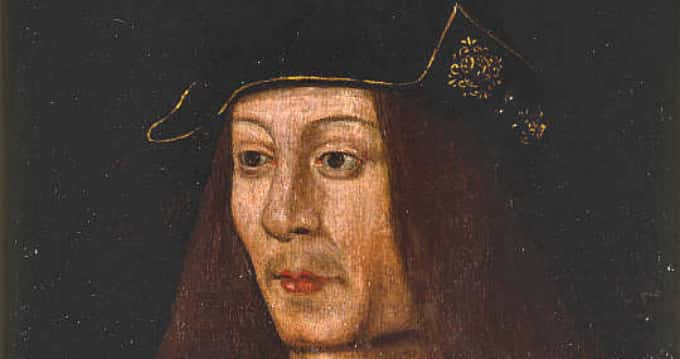 Wikipedia
Wikipedia
33. The Hands That Birthed You Were the Ones That Raised You?
According to legend, Queen Victoria’s daughter Princess Louise had a lovechild with one of her brothers’ tutors. It’s said that the child, Henry, was adopted by the Queen’s own gynecologist, Frederick Locock… because the Queen loved ironic custody arrangements?
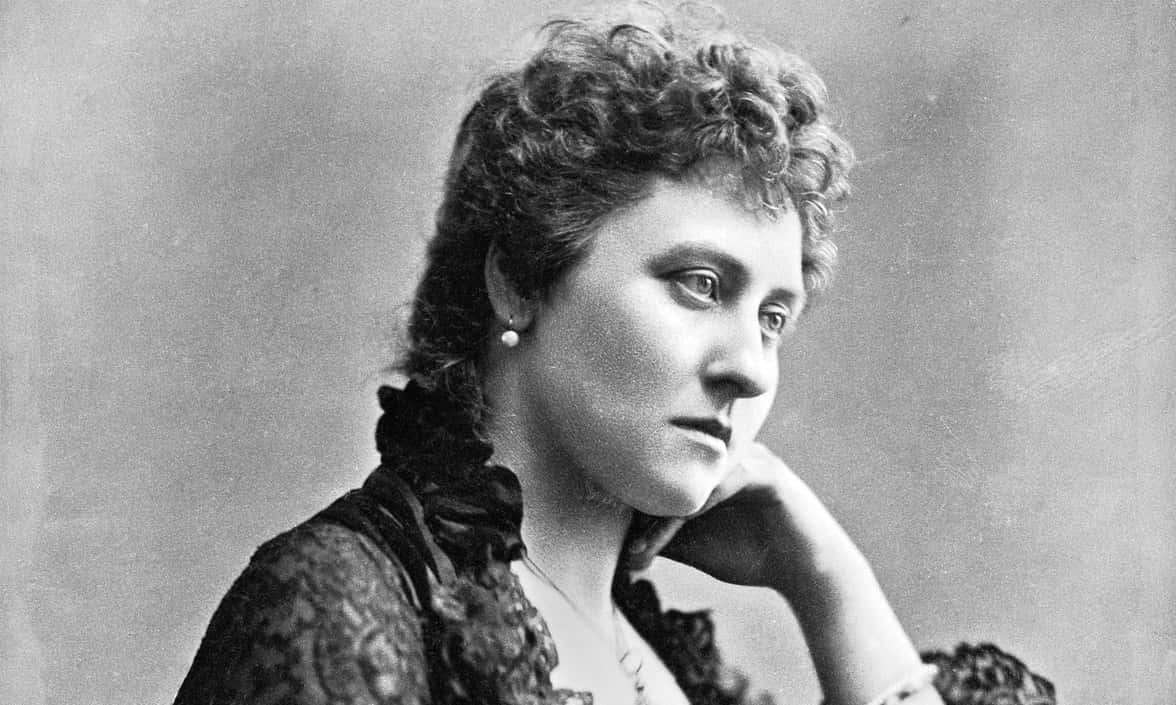 Wikipedia
Wikipedia
34. Making That Cheddar
The illegitimate children of Pope Alexander VI—also known as Rodrigo Borgia—have enough scandal to fill their own article. But for now, we’ll just mention his most famous natural daughter Lucrezia Borgia, who allegedly dabbled in poisons. However, Lucrezia was also involved in the less nefarious world of mozzarella cheese production. Hey, not unlike ogres, Borgia's lovechildren have layers.
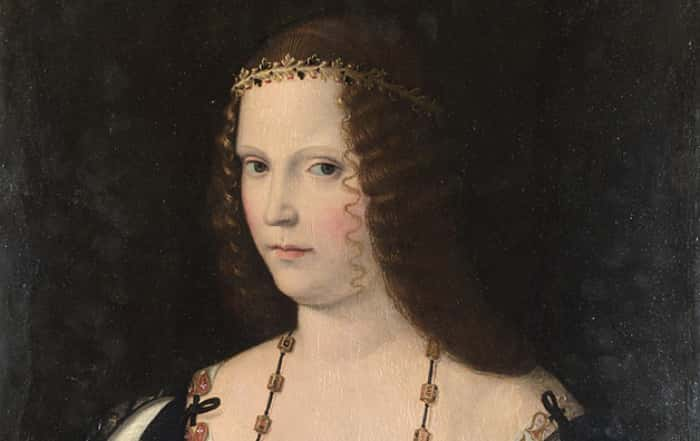 Wikipedia
Wikipedia
35. Sidepieces Come in Handy
As the illegitimate son of Louis I, Duke of Orléans, the 15th-century general Jean de Dunois couldn’t inherit his dad’s title… but he helped his cousin get the French throne. Winning multiple battles in the future Charles VIII’s name, he got a county in return. More importantly, it’s thanks to this illegitimate royal we know much at all about Joan of Arc. Dunois served on campaigns with her and passed down what he knew to historians.
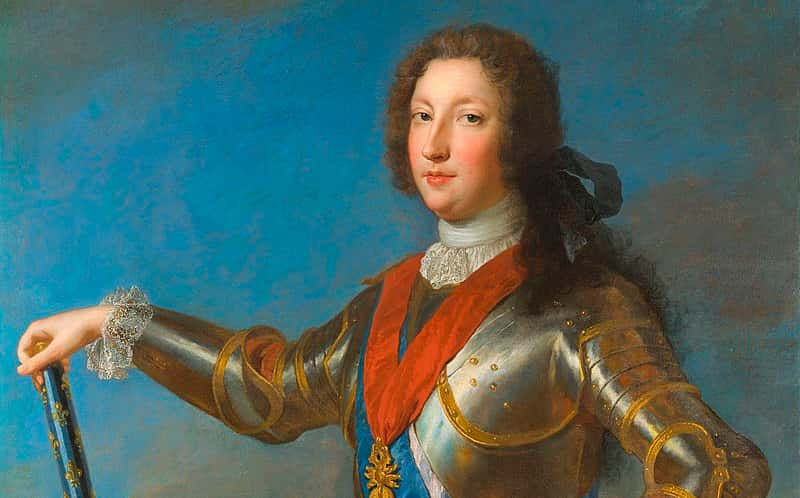 Wikipedia
Wikipedia
36. Finally, A “Happy” One of These…
Brothers and sisters don’t always get along, even when they’re both legitimate. Luckily, this was not that case for two of King Henry I of England’s children: his baseborn son, Robert, Earl of Gloucester, and Henry’s only surviving legitimate daughter, (future Empress) Matilda. It would have been tempting for Gloucester to make a case for the throne over his favored sister… but he didn’t. Instead, Gloucester was his sister’s chief supporter when their cousin Stephen challenged her claim. Matilda reciprocated her half-brother’s devotion: when Gloucester was taken captive, she exchanged her prize hostage Stephen himself in return for her bro’s safety.
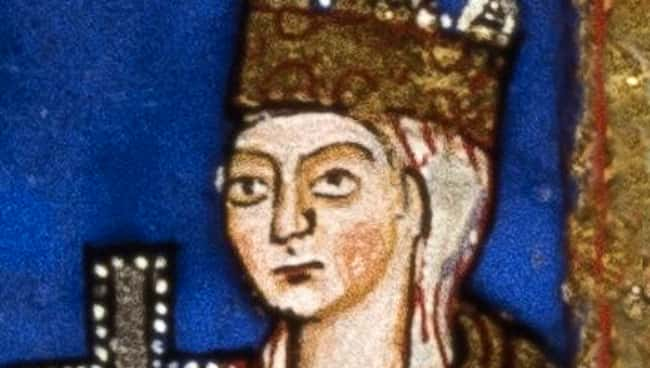 Wikipedia
Wikipedia
37. Signing Her Birth Away
Henry VIII famously illegitimized his eldest daughter, the future Mary I, in the process of annulling his marriage to her mother. In 1536, he ordered her to sign a paper accepting her the invalidity of her parents’ marriage and her own base birth. After much strong-arming, Mary agreed.
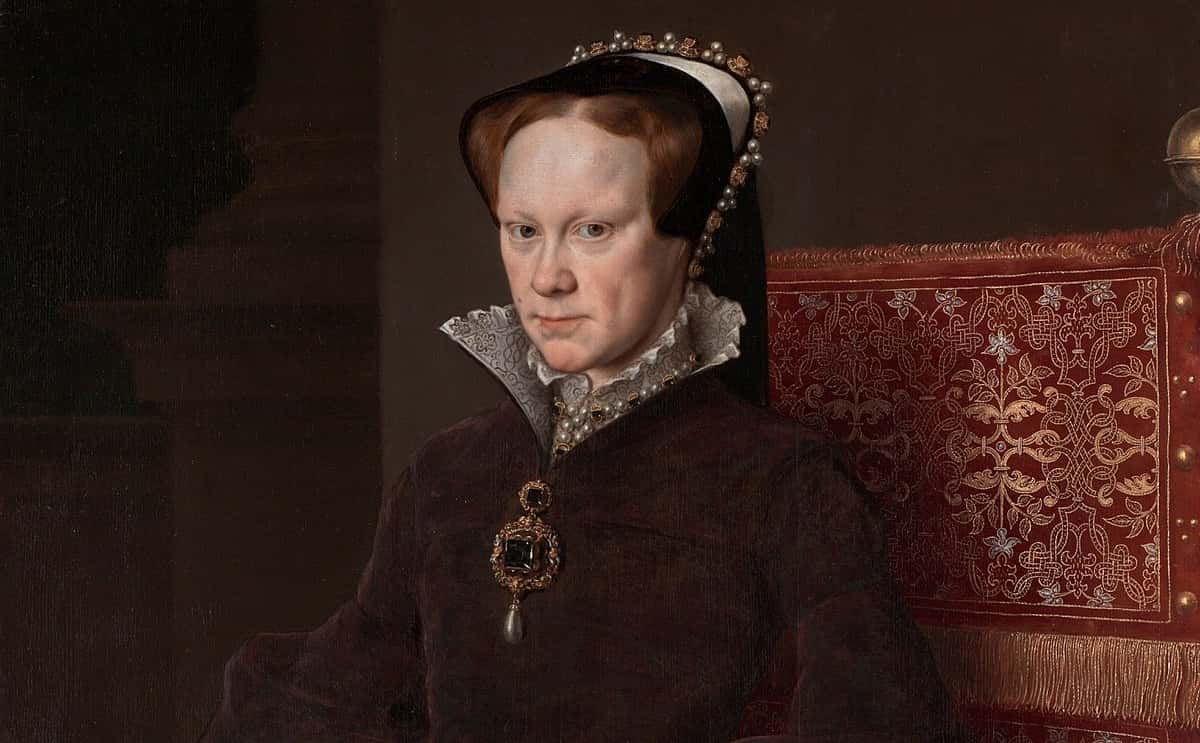 Wikipedia
Wikipedia
38. Don’t Look to Dad for Validation
Contrary to popular belief, Henry VIII never restored either of his daughters Mary or Elizabeth to “legitimacy". The Act of Succession 1544 made them heirs to the throne after their brother. However, they remained legally “illegitimate” in the eyes of the law.
39. Look at My Stripes
Caterina Sforza had two dings against her: she was a woman in 15th century Italy and she was baseborn. Her father, the Duke of Milan, acknowledged her at the age of four and her life would never be boring again. She was arguably the biggest threat to Borgia supremacy, even charging into battles on horseback while seven months pregnant. Sforza’s combat exploits earned her the thoughtful but menacing nickname, “La Tigre". Not bad for a lovechild.
40. Uncle, Can You Spare a Throne?
That Game of Thrones connection between illegitimacy and rebellion is best exemplified in reality by the Monmouth Rebellion of 1658. Charles II had enough illegitimate children to start his own schoolhouse, but the oldest and most famous was James Scott, better known as the Duke of Monmouth. After Charles’s passing (sans any legitimate children to succeed him), the king’s brother ascended as James II. However, James had something the people considered worse than illegitimacy: he was a Catholic. Thus, Monmouth waged a rebellion against his uncle that lasted six weeks, but his efforts ultimately failed. The eldest son of Charles II was charged with treason and executed at just the age of 36.
41. Halfises Don’t Count?
Henry VIII of England’s generosity towards his illegitimate son caused his wife, Catherine of Aragon, a bit of grief, seeing as she “only” had a daughter, Princess Mary. In 1528, a Pope’s legate in England named Cardinal Campeggio reported that Henry’s succession woes might be resolved by wedding Mary…to her own illegitimate half-brother, Henry Fitzroy. To quote Campeggio’s letter, "They have thought of marrying the Princess, by dispensation from his Holiness, to the King's natural son, if it can be done. At first, I myself had thought of this as a means of establishing the succession, but I do not believe that this design would suffice to satisfy the King's desires". Thankfully, this didn’t come to fruition… but who else feels this Man of God kind of really underreacted to the idea of royal sibling marriage, even if one half of the equation was illegitimate?
42. Who’s Your Daddy?
To this day, people theorize that Mary Boleyn’s two eldest children—Catherine and Henry Carey—were not her husband’s. Instead, it’s speculated that they were products of her affair with Henry VIII. Catherine was even said to resemble Henry as she got older. Nevertheless, neither sibling came forward. Henry married Mary’s sister, Anne Boleyn, and the Carey kids enjoyed being just cousins with their would-be half-sister, Elizabeth I.
Sources: 1, 2, 3, 4, 5, 6, 7, 8, 9, 10, 11, 12, 13, 14, 15, 16, 17, 18, 19, 20, 21, 22, 23, 24, 25, 26, 27, 28

